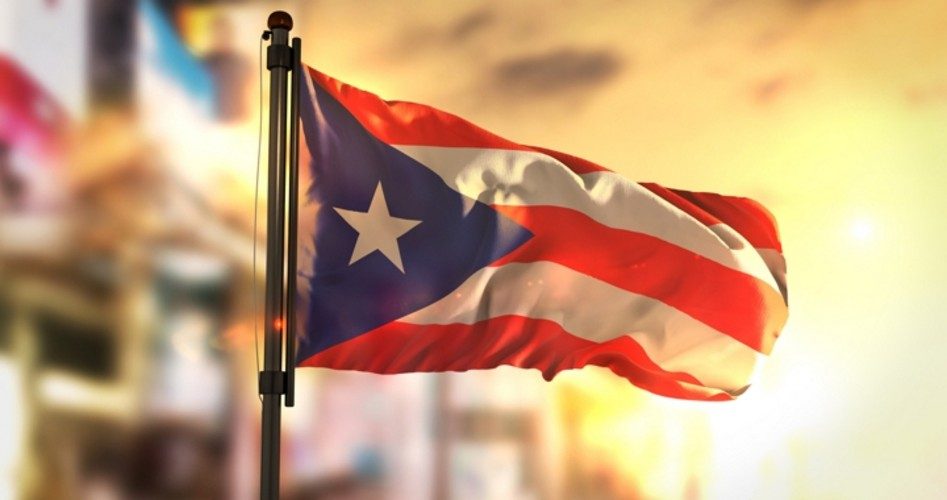
The judge sorting out the Puerto Rican bankruptcy got it right. Said Judge Laura Taylor Swain (appointed to the position by Chief Justice John Roberts back in 2017): “There is no decision that can perfectly reconcile all concerns.”
That’s an understatement. The primary revenue source to pay interest on Puerto Rico’s $74 billion in debt is the island’s sales tax. There are barely three million citizens living on the island, and almost 85 percent of them live in poverty. So the sales tax revenue stream comes primarily from tourists. It turns out that that revenue stream has been overcommitted, some of it illegally, in order to support the government’s profligate spending.
All Swain has to do is approve the agreement cobbled together since the island’s government declared bankruptcy in 2017. Some 8,000 bondholders, negotiating with the board established by Congress under the Puerto Rico Oversight, Management, and Economic Stability Act (PROMISA), would reward senior bondholders with a return of 93 percent of their original investment, while junior bondholders (arranged by Goldman Sachs and Santander Securities and then sold to their investors) would get just 56 percent. Some $6 billion of that debt will be canceled altogether, leaving those investors with nothing.
Brian Chappatta, writing at Bloomberg, had little sympathy for Wall Street: “Wall Street played a big role in Puerto Rico’s spiral toward bankruptcy. Banks were happy to collect juicy fees for underwriting debt sales and encouraging the use of new revenue streams to back securities…. Mutual funds and high-net-worth individuals, for their part, snapped up the bonds because their interest payments were exempt from federal, state and local government taxes. And, of course, local politicians were all too willing to borrow into an eager market.”
Those investors weren’t concerned about the safety of their investments in Puerto Rico’s rickety economy, thinking that since the island is a U.S. “commonwealth” where its citizens hold U.S. citizenship (although they cannot vote), Congress would, if worse came to worst, bail them out.
Enter The Donald. Appearing on the Sean Hannity Show in October of 2017, Trump said, “They [the Puerto Rican government] owe a lot of money to your friends on Wall Street. We’re going to have to wipe that out. That’s going to have to be — you know, you can say goodbye to that.”
Now those investors are being forced to consider the first rule of investing in bonds: “More important than the return on your money is the return of your money.”
Judge Swain took testimony over the proposed agreement for two days last week, and will make a decision shortly. It’s likely to involve issuing more tax-exempt bonds to cover the shortfall, with payments to continue to 2058.
Her decision leaves in limbo the remainder of the $74 billion in indebtedness and says nothing about the $49 billion in unfunded pension liabilities.
The current Puerto Rican debt crisis can be traced back to 1973 when the Puerto Rican government began issuing bonds to cover its deficit spending. Fast forward to 2014, when the three major credit agencies downgraded Puerto Rican bonds to “junk” status when it became apparent that the Puerto Rican government couldn’t pay its debt. Naturally, this downgrade prevented the government form issuing more bonds. That precipitated the bankruptcy filing, followed by the restructuring plan that Judge Swain will rule on shortly.
Swain’s ruling, which is expected to endorse the proposed settlement, will serve as a lesson to investors seeking high tax-free interest without considering the strength of the issuer. And, according to Chriss Street at American Thinker, it should also “serve as a spectacular balanced budget enforcement structure” for the future.
Image: Natanael Ginting via iStock / Getty Images Plus
An Ivy League graduate and former investment advisor, Bob is a regular contributor to The New American magazine and blogs frequently at LightFromTheRight.com, primarily on economics and politics. He can be reached at [email protected].
Related article:



